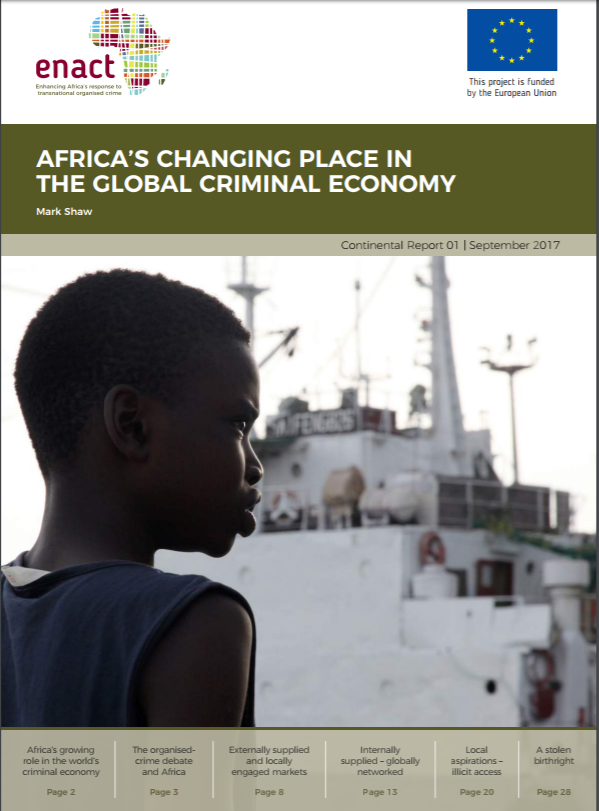Trafficking of Human Beings for the Purpose of Organ Removal in North and West Africa
PublicationsThis report from INTERPOL assesses the problem of trafficking in human beings for organ removal (THBOR), which is driven largely by the global shortage in organs for ethical transplant. While organ trafficking exists in all regions of the world, it ...Read More

